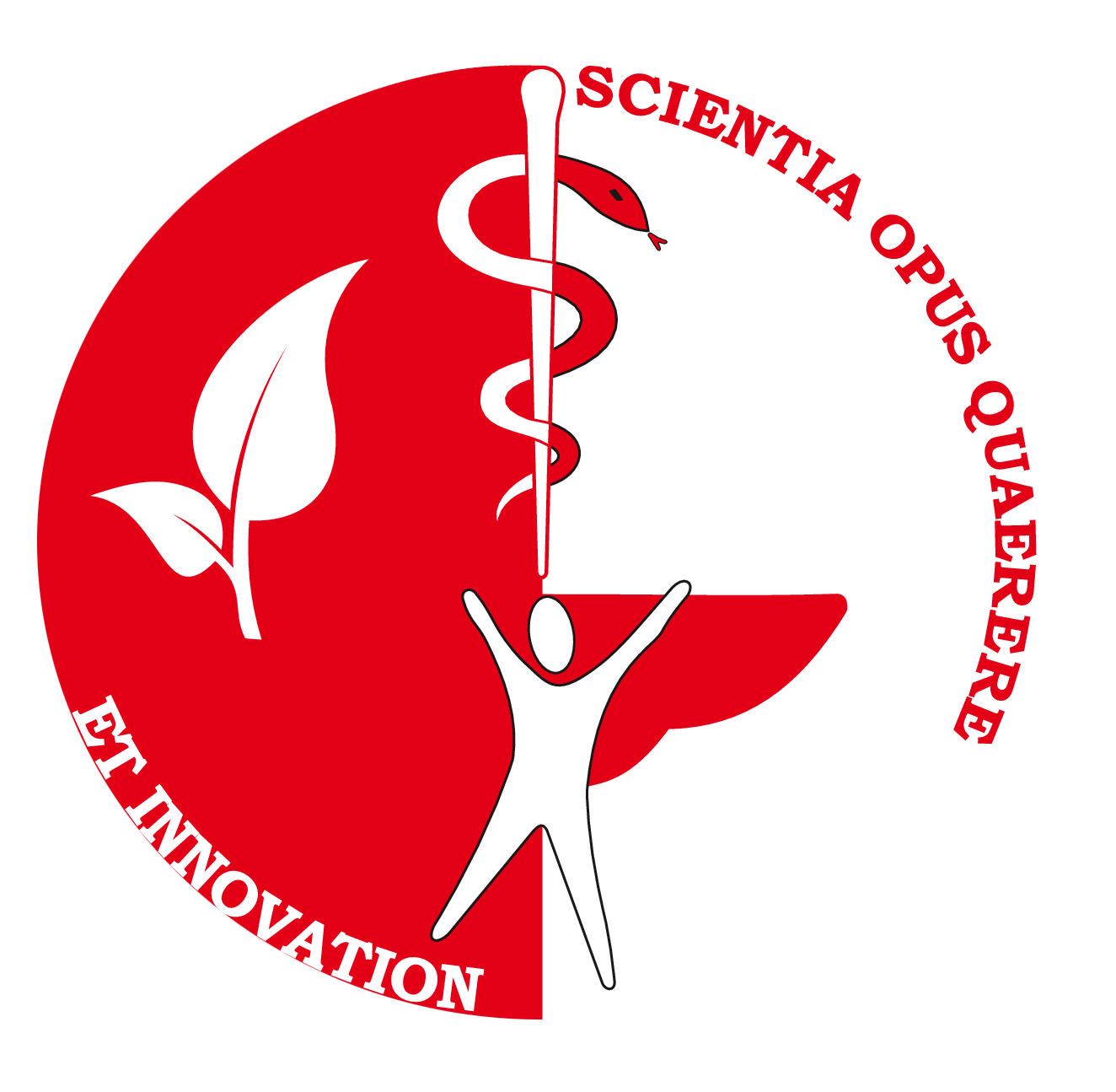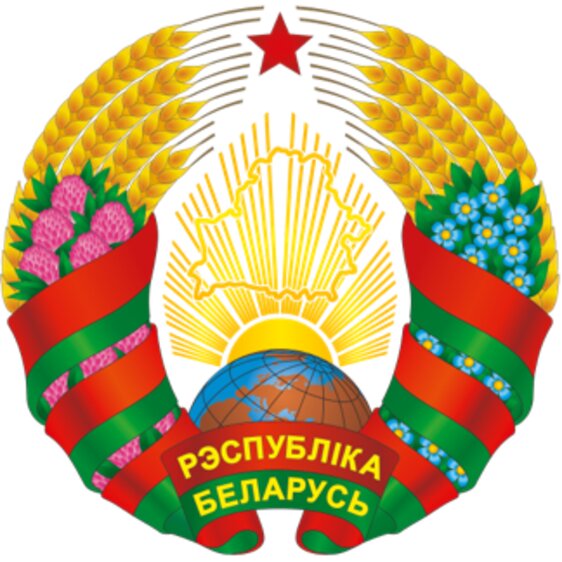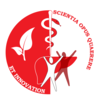Radionuclide diagnostics is a branch of medicine that allows to examine a wide variety of organs, tissues and functions of the body using the “peaceful atom”. The current level of development of radionuclide diagnostics allows, with a relatively low level of patient exposure, to obtain the maximum possible information about the state of patient’s health, and sometimes even long before the appearance of clinical signs of many serious diseases, supplementing and clarifying adjacent diagnostic areas - radiology, laboratory diagnostics, CT and MRI .
The presence of neoplastic or inflammatory changes in the osteoarticular system, the morphological and functional state of the kidneys, the presence or absence of problems with the blood supply to the heart muscle and the prospects for coronary events in the near and long term, the presence of blood flow disorders in the lungs, diseases of the endocrine system. These and many other questions can be answered by modern radionuclide diagnostics.
Taking into account the use of radioactive preparations introduced into the body in radionuclide diagnostics, the decision to prescribe one or another examination in each specific case should be made exclusively by an experienced, qualified specialist, an attending or consulting physician, who, if necessary, also uses the knowledge and skills of a radionuclide diagnostics physician, and always ready help him make a choice.
The following research carried out in the isotope laboratory:
- Angionephroscintigraphy;
- Myocardial perfusion scintigraphy in REST and STRESS modes and with ECG synchronization;
- Perfusion lung scintigraphy, including determination of the lung shunt fraction;
- Osteoscintigraphy in various modes;
- Thyroid scintigraphy;
- Scintigraphy of the parathyroid gland;
- Liver scintigraphy;
If you have any questions or want to book an appointment with a medical specialist, please call:
+375 29 33-11-969
+375 29 699-11-03
+375 17 371-00-22
+375 17 371-00-26
Contact us on email: platnoyslygi@mail.ru




